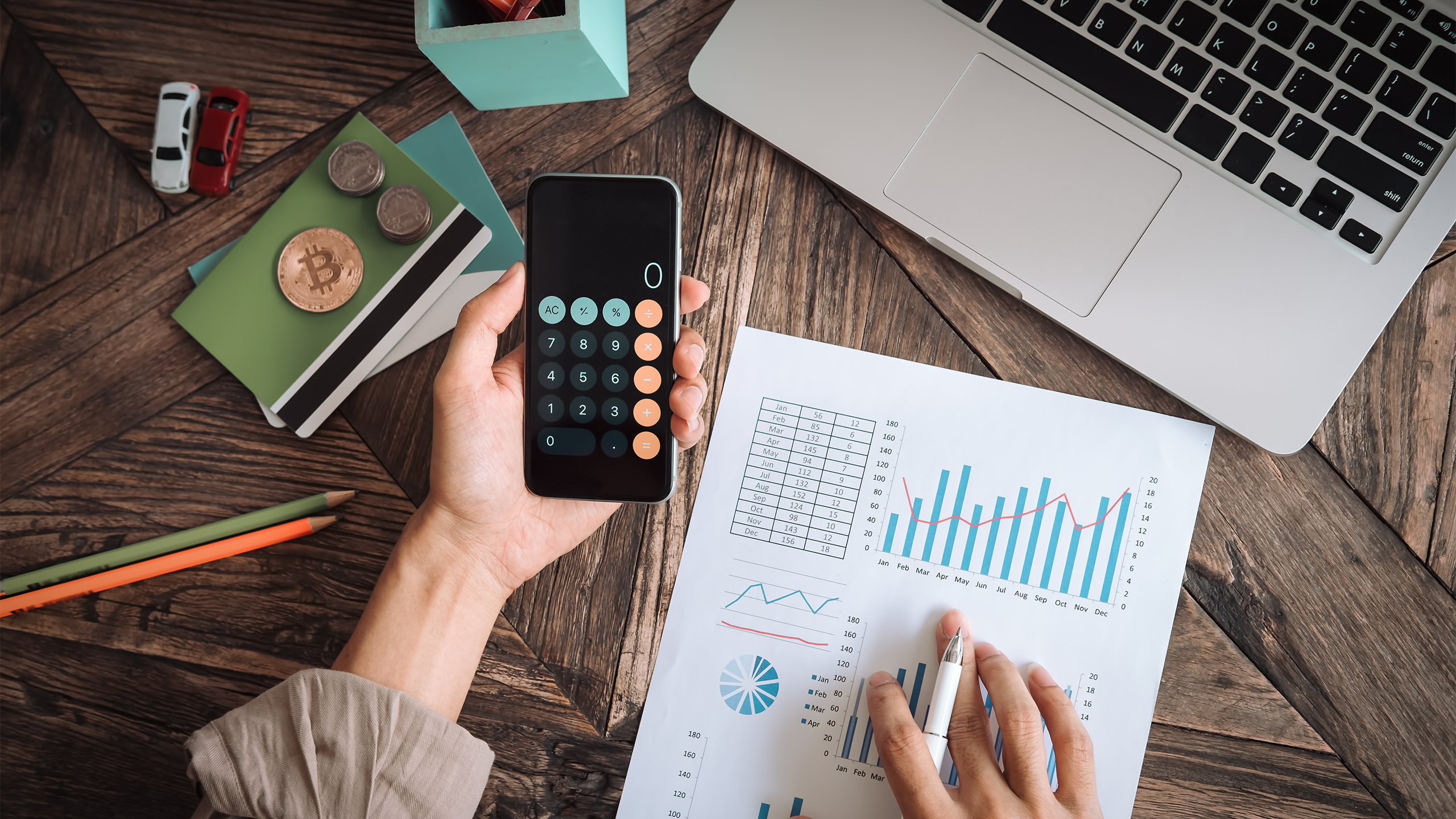
When you're considering taking the leap into solar energy by installing solar panels, one of the first thoughts that likely crosses your mind is whether they're truly worth the investment. This is completely normal, as there are so many factors to consider—will they function effectively even in less-than-ideal weather? Could they provide financial benefits? Will they reduce your reliance on traditional energy grids? How much will you save on your utility bills? And perhaps most importantly, will they enhance the resale value of your home?
These questions are just the tip of the iceberg when it comes to evaluating solar panel installations. To help you feel more confident about your decision, we've decided to address some of these concerns and shed light on how solar panels can indeed save you money in the UK.
Â
Can Solar Panels Handle Bad Weather?
One common misconception is that solar panels don't perform well in the UK due to our often cloudy and rainy climate. Many people mistakenly assume that solar panels require intense sunlight to function efficiently. However, this isn't entirely accurate.
While solar panels do rely on sunlight, they don't need blistering heat or clear skies to operate. In fact, extreme heat can sometimes cause solar panels to overheat, reducing their efficiency. What they truly need is daylight—not direct sunlight. Even on overcast days, solar panels can still generate electricity because daylight has the ability to penetrate through clouds.
To ensure optimal performance, your solar panels should ideally be mounted on rooftops, positioned at a 35-degree angle, and oriented toward the south. It's crucial to avoid shading; trees or obstructions that block sunlight can severely impact their efficiency. Regular cleaning and maintenance are also vital to keep the panels functioning at their best.
If you follow these guidelines, your solar panels will continue to produce energy even on the dreariest of days. They are built to withstand various weather conditions, ensuring consistent performance year-round.
Â
What Happens at Night?
If you're worried about how solar panels work at night, there's no need to fret. By investing in battery storage systems, you can store any surplus energy generated during daylight hours for use later. These batteries act as backup power sources, providing electricity during periods of low sunlight or complete darkness.
Additionally, if you're part of a net metering program, excess energy produced by your solar panels can be credited back to you. This means that any electricity you don't consume right away will be fed back into the grid, resulting in reduced energy bills—a significant advantage given today's rising energy costs.
In essence, solar panels offer both immediate and long-term savings. Not only do they generate clean energy, but they also contribute to lowering your dependency on non-renewable resources.
Â
Is Solar Panel Investment Worth It?
Viewing the initial cost of solar panel installation as an investment in the future makes perfect sense. Solar panels not only save money but also play a critical role in promoting sustainability. As awareness grows regarding the importance of reducing our carbon footprint and cutting down on fossil fuel usage, solar panels emerge as an excellent choice for environmentally conscious consumers.
The return on investment becomes increasingly evident over time. With proper care, most solar panels can last up to 25-30 years. Within just a few years, you'll begin noticing tangible financial benefits. Once the installation costs are covered, you'll enjoy ongoing savings from your energy provider, along with decreased reliance on conventional energy sources.
Government incentives like the Smart Export Guarantee (SEG) further sweeten the deal. The SEG allows energy providers to set their own rates for exporting excess electricity, enabling you to maximize your earnings while contributing to the grid. Participating in the SEG can drastically shorten the payback period of your solar panel investment.
Â
How Many Solar Panels Do You Need?
Your household's energy requirements will largely determine how many solar panels you need. A single-person household will require fewer panels compared to a family of five with multiple appliances. On average, each solar panel generates approximately 250 watts of power every four hours under ideal sunlight conditions.
Before deciding on the number of panels, take stock of your available roof space and the types of devices you regularly use. While solar panels can handle many household tasks, they typically work alongside traditional energy sources to meet peak demands. Opting for fewer panels might seem cost-effective initially, but it could limit your long-term savings potential.
Â
Do Solar Panels Boost Property Value?
Solar panels not only save money but also hold the potential to increase your home's market value. As environmental consciousness rises, prospective buyers increasingly view eco-friendly features like solar panels as desirable assets. Properties equipped with modern solar technology tend to attract more interest, particularly in regions where energy prices are skyrocketing.
Moreover, upgrading to state-of-the-art solar panels can further enhance your property's appeal. Buyers who prioritize sustainability and cost efficiency will see your home as a smart purchase.
Â
As you can see, solar panels represent a solid investment for both personal savings and environmental responsibility. If you have additional queries or are ready to embark on your solar journey, don't hesitate to reach out. We're here to guide you every step of the way!
Â
Automatic Temperature Control Vacuum Combination Oil Press
Food Oil Manufacturing Machine,Groundnut Oil Expeller Machine,peanut oil manufacturing machine,cooking oil manufacturing machine price,cooking oil manufacturing machine
Mianyang Xinyu Agricultural Machinery Manufacturing Co. , https://www.xypressring.com
